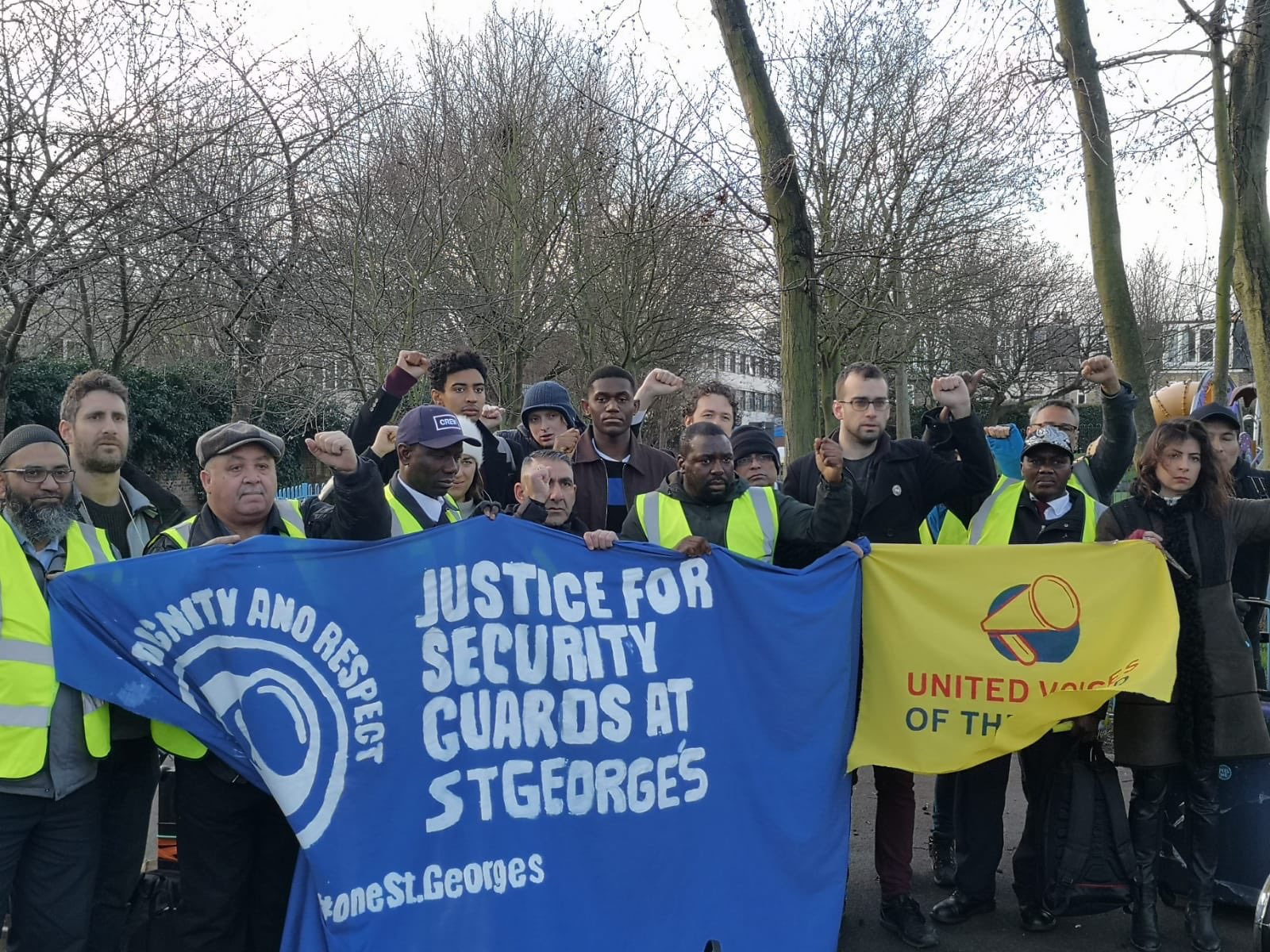Recent weeks have seen criminal barristers go on strike after their incomes fell by 30 per cent over the last two decades and rail workers take part in their biggest strike since 1989 over job cuts, below-inflation wage proposals, working conditions and pensions.
There have been reports that workers in other sectors, such as doctors, teachers and firefighters, could go on strike in the following months, as inflation has risen at its fastest rate since 1982 and wages are not keeping pace.
In response to the rail strike, the Business Secretary, Kwasi Kwarteng MP, has proposed changing the law to allow companies to use temporary workers to cover for staff on strike. This has been banned since the Employment Agencies Act 1973.
What is a strike?
A strike is a form of industrial action whereby workers who are members of a trade union stop working to pursue a common interest or aim, according to the International Labour Organization.
It is one of several forms of industrial action, which also include working more slowly than usual or refusing to take on additional duties.
Industrial action is a dispute between an employer and employees, but the government can also intervene.
What is the law concerning strike action?
There is no specific right to strike in UK law but there is the right to be a member of a trade union, which can legally call for its members to strike under certain conditions. Article 11 of the UK’s Human Rights Act protects the right to freedom of assembly and association, including the right to form trade unions.
A trade union can legally call for a strike by its members if it calls a ballot of all the members who might take part. The grounds for a strike must fall under the definition of a ‘trade dispute’, as outlined in the Trade Union and Labour Relations (Consolidation) Act 1992. This can include anything that relates to the terms of employment, the conditions of work and workers’ membership of a trade union. There are several other conditions that must be met in order for a strike to be lawful.
If a majority of the members vote for a strike, then one can go ahead. But a member should not be penalised by their trade union for not getting involved in strike action and there is remedy available under the law if this occurs.
Workers may strike at or near their place of work, which is called a picket line. Workers on strike cannot prevent others from going to work, sometimes known as ‘crossing the picket line’. A picket must be peaceful. It is a criminal offence for workers at the picket to use threatening or abusive language or to prevent vehicles from passing through, under the Public Order Act 1986 and the Police, Crime, Sentencing and Court Act 2022.
Under the Trade Union and Labour Relations (Consolidation) Act 1992, a trade union cannot induce ‘secondary action’. This means that if its members are on strike over a dispute with an employer, it cannot compel other members to strike against a different employer. A 2014 ruling from the European Court of Human Rights held that this was justified interference in Article 11 of the European Convention on Human Rights in a case brought against the UK government by the National Union of Rail, Maritime and Transport Workers (RMT).
A right to strike
There is a right to strike under international law. The UK has ratified the International Labour Organization’s (1949) Convention 98 on the Right to Organise and Collective Bargaining, which stipulates that nations should establish national mechanisms which respect the right to organise in the workplace.
Article 8 of the International Covenant on Economic, Social and Cultural Rights, of which the UK is a signatory, establishes both the right to join a trade union and the right to strike, provided that it is exercised in conformity with the laws of the particular country.
What is a general strike?
Strike action is usually taken by a group of workers in relation to their employer. But, when the majority of the workers in the country, across multiple occupations, all go on strike at the same time, it is called a general strike. The last general strike in the UK was in 1926, when workers across a host of industries went on strike in solidarity with coal miners who faced extended working hours and the government lowering their wages by 13 per cent.






